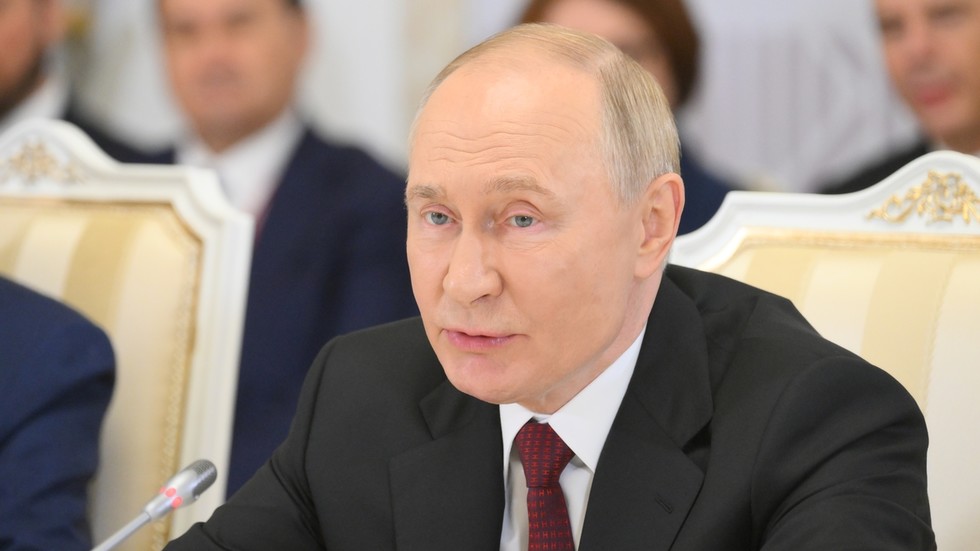During the recent 16th BRICS Summit held in Kazan, President Vladimir Putin emphasized the need for member nations to strengthen their cooperation within the economic group. Putin made his comments during a meeting with Indian Prime Minister Narendra Modi, highlighting the crucial discussions expected to take place over the next few days. The summit aims to foster a series of important decisions designed to enhance the effectiveness of BRICS and promote multifaceted cooperation. With the opening ceremony marking the commencement of proceedings, leaders were scheduled to engage in discussions to tackle key issues affecting both the group and the global landscape.
A diverse array of foreign leaders gathered in Kazan for the three-day event, which is seen as an opportunity for high-level bilateral talks and intensive discussions about BRICS’ role in reshaping global multilateralism. During the summit, Putin held significant meetings with prominent leaders, including China’s President Xi Jinping and South African President Cyril Ramaphosa. Additionally, he met with Dilma Rousseff, the president of the BRICS New Development Bank (NDB). These high-level interactions underscored the commitment of BRICS members to collaborate on pressing international issues, demonstrating the group’s rising influence on the global stage since its inception in 2006.
Founded by Brazil, Russia, India, and China, with South Africa joining later in 2010, BRICS has recently expanded its membership, welcoming Egypt, Iran, Ethiopia, and the United Arab Emirates. The inclusion of these new countries indicates BRICS’ aim to broaden its reach and enhance its collaborative efforts. Moreover, there is notable interest from around 30 other nations seeking to cooperate with the group in varying capacities. This growing interest reflects BRICS’ shift towards a more prominent role in global governance and international relations.
At the summit, BRICS is anticipated to announce the accession of new member countries and introduce a novel ‘partner member’ status. This potential development could redefine the group’s structure and interaction with non-member states. According to Kremlin aide Yury Ushakov, there are currently 13 nations seeking this partner status, with ongoing consultations among member delegations. The discussions will ultimately be reviewed by BRICS leadership, signaling the group’s openness to accommodating a wider spectrum of international players while maintaining its foundational principles.
However, the question of admitting new members has generated mixed opinions among BRICS members, as indicated by Kremlin spokesman Dmitry Peskov. While some leaders acknowledge the benefits of expanding the group, others express caution about how new entrants might align with the group’s overall objectives and dynamics. This diversity of thought regarding new membership illustrates the complexities involved in balancing the interests of established members with the eagerness of potential newcomers.
As BRICS converges on these critical decisions, the outcome of the summit will likely have significant implications for the future direction of both the group and global multilateralism. The talks in Kazan reflect a broader ambition to formulate a cohesive approach to international challenges while capitalizing on the strengths of member nations. Defining roles and responsibilities among a newly expanded membership, as well as addressing varying perspectives on partnership, will be essential as BRICS navigates a transformative phase in its development and influence.

